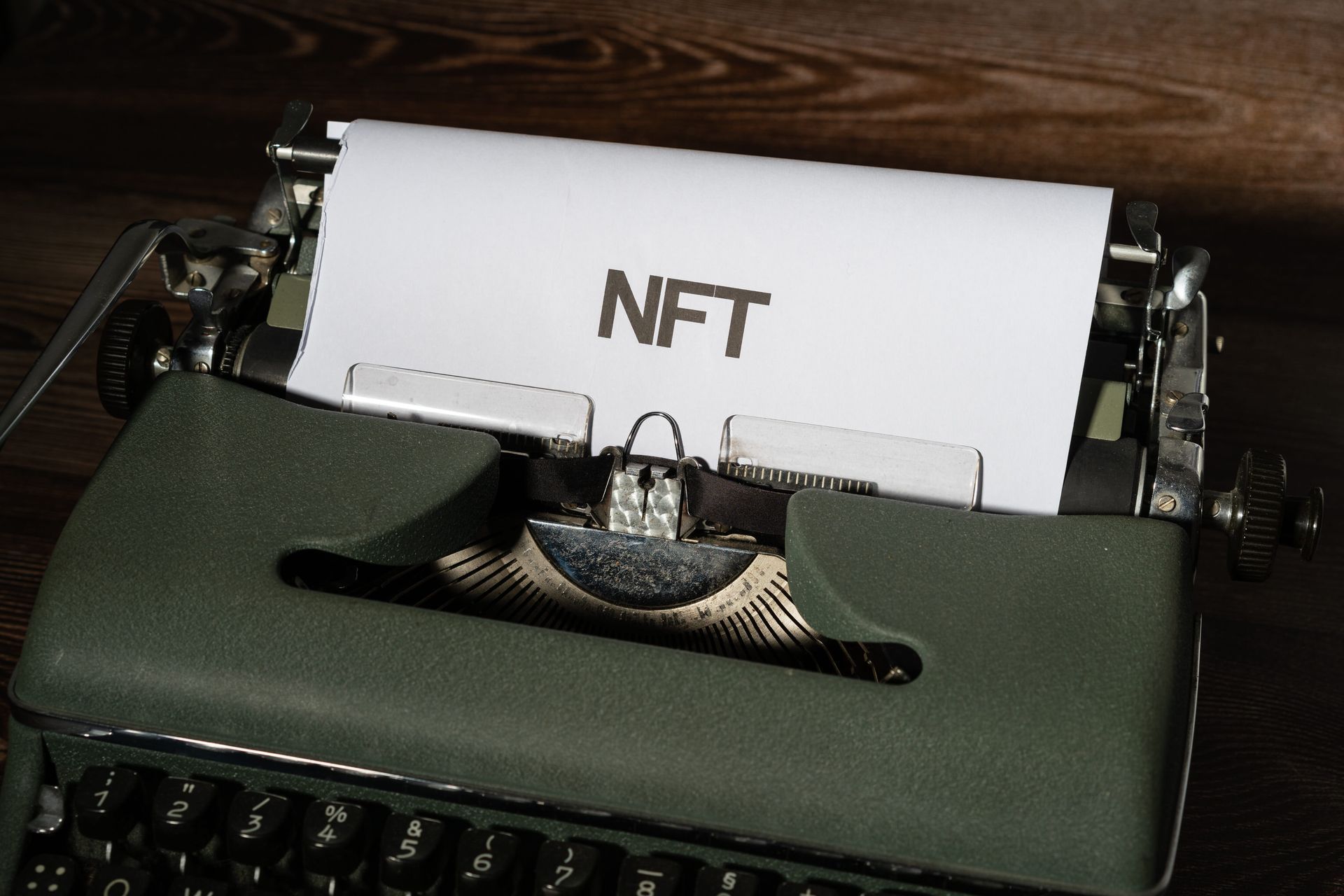Cryptocurrency Security: Keeping Your Digital Assets Safe
Cryptocurrency has become an increasingly popular way to invest and trade assets, with millions of people around the world using digital currencies such as Bitcoin, Ethereum, and Litecoin. While cryptocurrency offers many benefits, such as decentralization, privacy, and low transaction fees, it also presents unique security risks that users must be aware of. This article will discuss the best practices for keeping your digital assets safe, including understanding the risks, implementing best practices, and additional tips to protect your cryptocurrency.
Understanding the Risks
Before we dive into the best practices for cryptocurrency security, it's essential to understand the risks associated with using digital currencies. Here are some of the most significant risks to be aware of:
A. Hacking and Theft
Cryptocurrency exchanges and wallets are prime targets for hackers, as they hold large sums of digital currency. If a hacker gains access to your exchange or wallet, they can transfer your funds to their accounts, leaving you with nothing. This type of theft can be devastating and difficult to recover from.
B. Phishing Scams
Phishing scams are a common method used by hackers to steal sensitive information from cryptocurrency users. These scams involve fake websites or emails that appear legitimate but are designed to trick you into entering your login credentials or other personal information. Once the hacker has this information, they can use it to gain access to your cryptocurrency accounts and steal your funds.
C. Lack of Regulation
The lack of regulation in the cryptocurrency industry means that there are few safeguards in place to protect users. This can leave investors vulnerable to scams, fraud, and other illegal activities.
D. User Error
Finally, one of the most significant risks associated with cryptocurrency is user error. Many people are new to the world of digital currencies and may not fully understand how to use them safely. For example, users may accidentally send funds to the wrong address, lose their private keys, or fall for a scam.
Best Practices for Cryptocurrency Security
Now that we understand cryptocurrency's risks let's discuss the best practices for keeping your digital assets safe.
A. Secure Passwords
One of the most critical aspects of cryptocurrency security is having secure passwords. Here are some best practices to follow:
1. Length and Complexity: Use passwords that are at least 12 characters long and include a mix of upper and lower case letters, numbers, and symbols.
2. Unique Passwords for Each Account: Never use the same password for multiple accounts. If a hacker gains access to one of your accounts, they will be able to access all of your other accounts if you use the same password.
3. Use a Password Manager: Consider using a password manager to generate and store unique, complex passwords for each of your cryptocurrency accounts. This will help you keep track of your passwords and ensure they are secure.
B. Two-Factor Authentication
Another essential aspect of cryptocurrency security is using two-factor authentication (2FA). 2FA is a security feature that requires users to provide two forms of identification to log in to their accounts. Here's how to enable 2FA:
1. When you enable 2FA, you will be required to provide a password and a unique code generated by an app or sent to your phone via SMS.
2. How to Enable 2FA: Most cryptocurrency exchanges and wallets offer 2FA as an option in their account settings. To enable 2FA, follow the instructions provided by your exchange or wallet provider.
C. Keep Your Software Up to Date
Keeping your cryptocurrency software up to date is critical for security. Software updates often include security patches that address known vulnerabilities and protect against new threats. Here are some best practices for keeping your software up to date:
1. Enable Automatic Updates: Many cryptocurrency wallets and exchanges offer the option to enable automatic updates. This means your software will be updated automatically as new updates become available.
2. Check for Updates Regularly: If your software does not offer automatic updates, check for updates regularly and install them as soon as they become available.
D. Keep Your Private Keys Secure
Your private keys are used to access and transfer your cryptocurrency, so keeping them secure is essential. Here are some best practices for keeping your private keys safe:
1. Store Your Private Keys Offline: Consider storing your private keys offline in a hardware wallet, such as a Ledger or Trezor. These wallets store your private keys on a secure device not connected to the internet, making it much more difficult for hackers to access your funds.
2. Don't Share Your Private Keys: Never share your private keys with anyone; don't enter them into any website or software you don't trust.
E. Use a Secure Internet Connection
Using a secure internet connection is critical for cryptocurrency security. Here are some best practices for using a secure internet connection:
1. Use a VPN: Consider using a Virtual Private Network (VPN) to encrypt your internet connection and protect your privacy.
2. Avoid Public Wi-Fi: Public Wi-Fi networks are often unsecured, which makes them easy targets for hackers. Avoid using public Wi-Fi when accessing your cryptocurrency accounts.
F. Be Vigilant Against Scams
Finally, it's crucial to be vigilant against scams when using cryptocurrency. Here are some best practices to follow:
1. Verify the URL: Always verify that you are on the correct website before entering any login credentials or personal information.
2. Don't Click on Suspicious Links: Avoid clicking on links in emails or social media that you don't trust. These links may lead to phishing scams designed to steal your personal information.
3. Use Anti-Malware Software: Consider using anti-malware software on your computer and mobile devices to protect against malware and other malicious software.
Additional Tips for Protecting Your Cryptocurrency
In addition to the best practices discussed above, here are some additional tips for protecting your cryptocurrency:
A. Diversify Your Investments
Investing in multiple cryptocurrencies helps spread your risk and protect against losses. Consider investing in a variety of different cryptocurrencies to minimize your risk.
B. Keep Your Investments Private
Avoid sharing information about cryptocurrency investments with anyone except trusted family members or advisors. Publicly sharing information about your assets can make you a target for hackers and scammers.
C. Be Prepared for the Worst
Despite taking all of the necessary precautions, it's still possible that you may experience a loss of your cryptocurrency. Be prepared for the worst-case scenario by having a plan in place for how you will recover your funds.
In conclusion, cryptocurrency offers many benefits, but it also presents unique security risks that users need to be aware of. By following the best practices discussed in this article, you can help to protect your digital assets and minimize your risk of theft or loss. Remember to stay vigilant against scams and always keep your software and private keys up to date. By taking these steps, you can enjoy the benefits of cryptocurrency with confidence and security.








